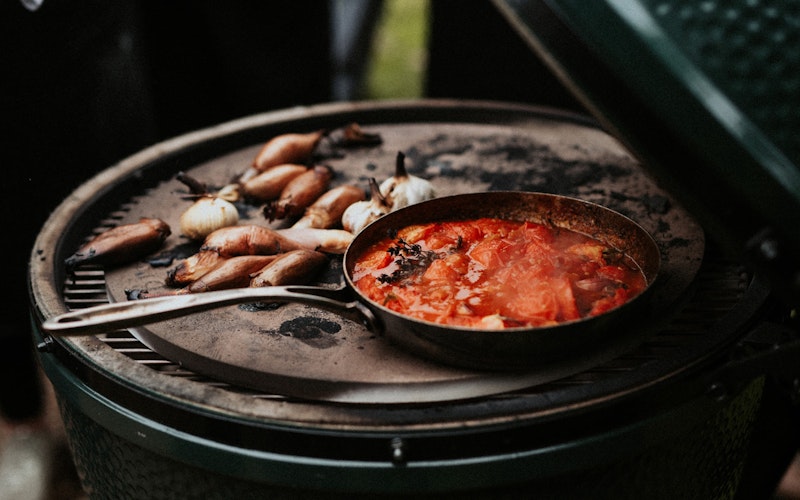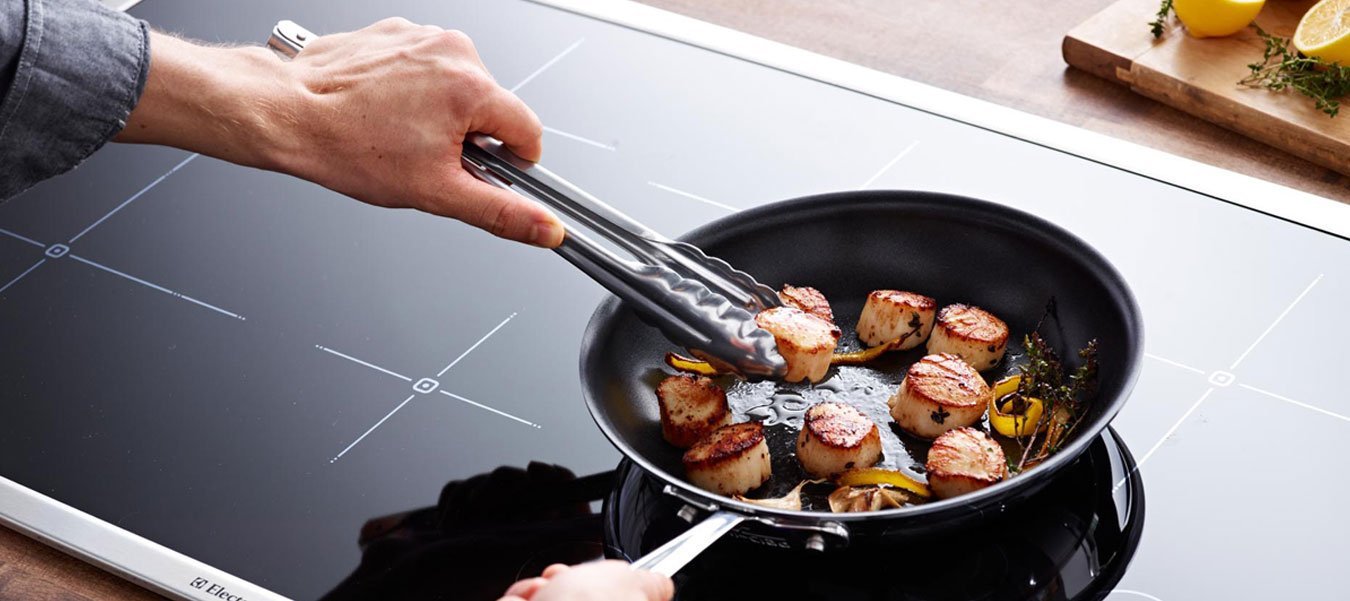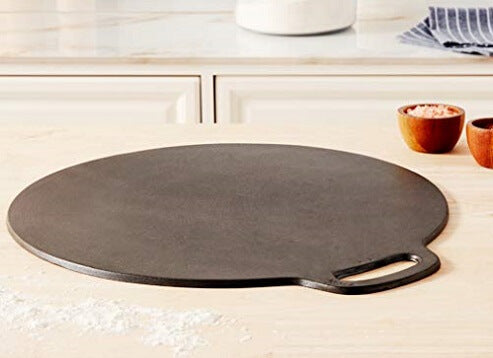For those passionate about the culinary arts, using a baking stone can transform your holiday treats from good to unforgettable. As professionals in the kitchen, mastering this technique can elevate your festive offerings, ensuring every creation is baked to perfection and adds a unique touch to the cherished holiday season.

Why Choose Baking Stones for Holiday Baking?
Understanding the benefits of baking stones can significantly enhance the quality of your baked goods. These stones ensure even heat distribution, which is critical for achieving a balanced bake. Whether you're creating a traditional holiday pie or a more complex baked good, a baking stone can provide the consistent heat needed for even crust development and a perfectly tender interior.
According to the experts at Chef's Resource, using a baking stone isn't just for pizzas. This versatile tool can be employed for a wide range of baked goods, making it indispensable during the busy holiday season.
Choosing Your Baking Stone
Your choice of baking stone should be dictated by the types of dishes you frequently prepare. A ceramic stone might be a great pick for general use, while professionals might prefer steel for its added durability and heat retention. For more insights, the article on Steel vs Ceramic Baking Stone offers an in-depth comparison to help guide your decision.
Techniques for Using Baking Stones
The technique of heating your baking stone before use is essential for ensuring it delivers the desired results. Allow it to heat within your ovens temperature setting for at least 45 minutes. This ensures that the stone is hot enough to instantly set the baked items bottom crust, a crucial element for those flaky pie crusts or crisp holiday cookies.
Following proper use guidelines, such as those found in Real Simple's guide on pizza stone usage, can help perfect your technique not just for pizza, but for a plethora of festive recipes.
Baking Stone Maintenance
Caring for your baking stone will ensure its longevity. Unlike traditional bakeware, baking stones require specific care to maintain their unique properties. Avoid exposing them to soap or excess moisture; instead, a simple brush and dry wipe will suffice to keep them in top condition. This type of maintenance is paramount during the holiday rush, where turnover times in the kitchen are high. Investigate the best practices for keeping surfaces in optimal shape for more tips.

Enhancing Holiday Recipes
Using a baking stone can provide a unique edge to your holiday recipes. Try incorporating its use in classic holiday staples like gingerbread cookies, artisan bread loaves, or even festive pizzas. The consistent heat and crisp crust that a stone provides can elevate both flavor and presentation, making your creations the highlight of holiday gatherings.
FAQs
How do I prevent food from sticking to the baking stone?
To avoid sticking, sprinkle a thin layer of flour or cornmeal on the stone before placing your dough or batter. This additional layer acts as a barrier while also adding a pleasant texture to the base of your baked goods.
Can I use a baking stone for foods other than bread and pizza?
Absolutely! Baking stones are versatile and can be used for roasting vegetables, baking cookies, and even making calzones. Their utility extends beyond simple breadmaking.
What should I do if my baking stone cracks?
Cracks usually occur due to thermal shock. Always ensure the stone cools down gradually and never expose it to water while it's still hot. If a crack appears, it might still be usable depending on severity, but replacing it will ensure optimal baking results.
This article contains affiliate links. We may earn a commission at no extra cost to you.






Leave a comment
This site is protected by hCaptcha and the hCaptcha Privacy Policy and Terms of Service apply.